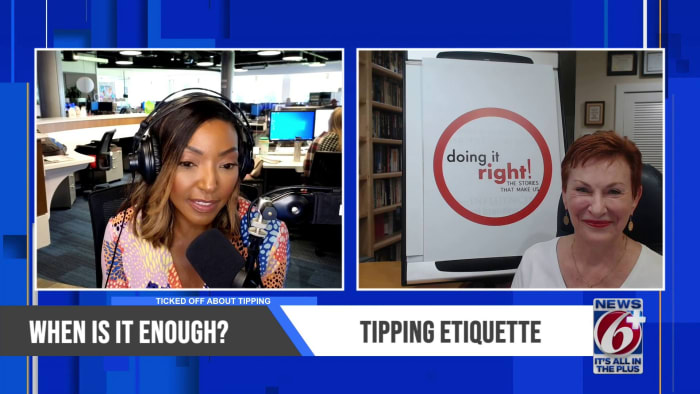Perhaps you’ve noticed. We have reached a tipping point in the country over tipping.
To tip or not to tip has led to Shakespearean soliloquies by customers explaining why they refuse to tip for certain things.
During the height of the COVID-19 pandemic, customers were grateful for those who seemingly risked their safety so we could get groceries, order dinner or anything that made our lives feel normal. A nice tip was the least we could do to show gratitude.
But now that we are out about and back to normal, the custom of tipping for just about everything has somehow remained; and customers are upset.
A new study from Pew Research shows most American adults say tipping is expected in more places than it was five years ago, and there’s no real consensus about how tipping should work.



doesn’t “any modern understanding of economics” predict that, in this case, non-tipped employees would quit their jobs and get tipped jobs instead?
Do you think that there is more competition for roles in, say, food service as a server or food service as a cashier?
That answers your question.
Problem is if this scenario is flipped and tipped workers make less money, service quality degrades. That can be disastrous for a restaurant